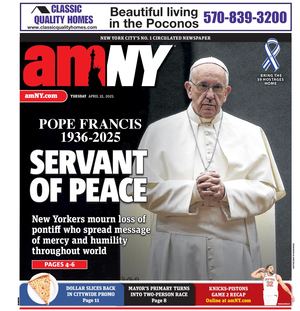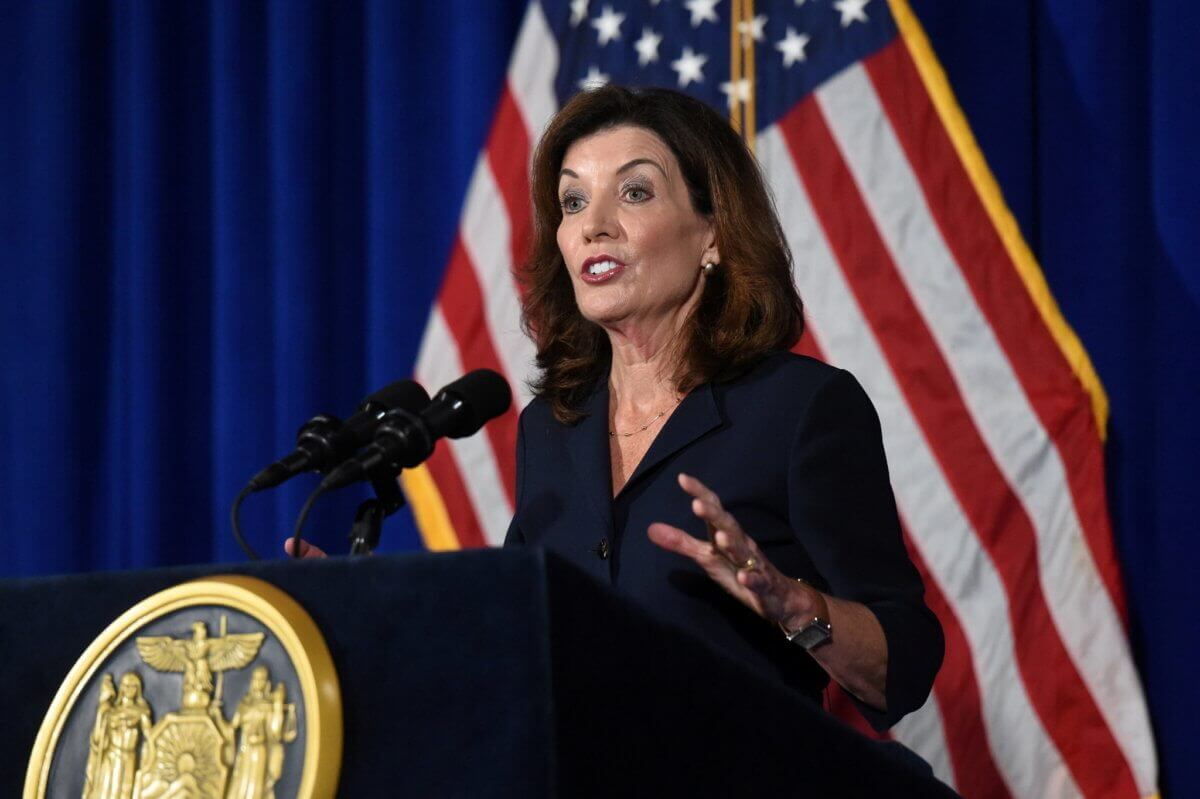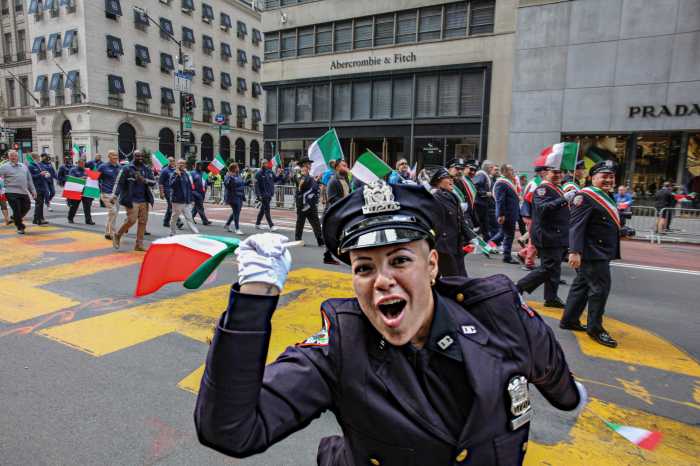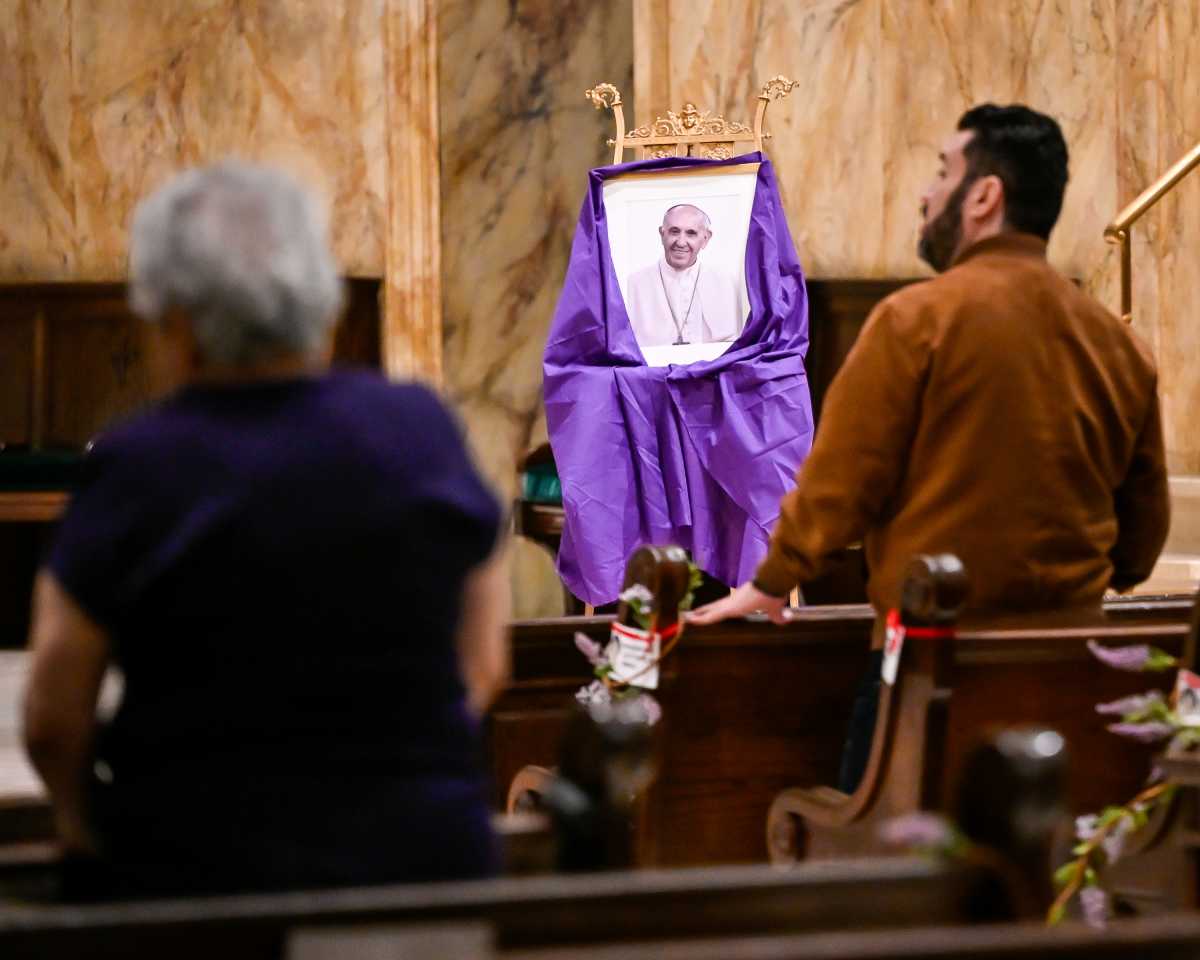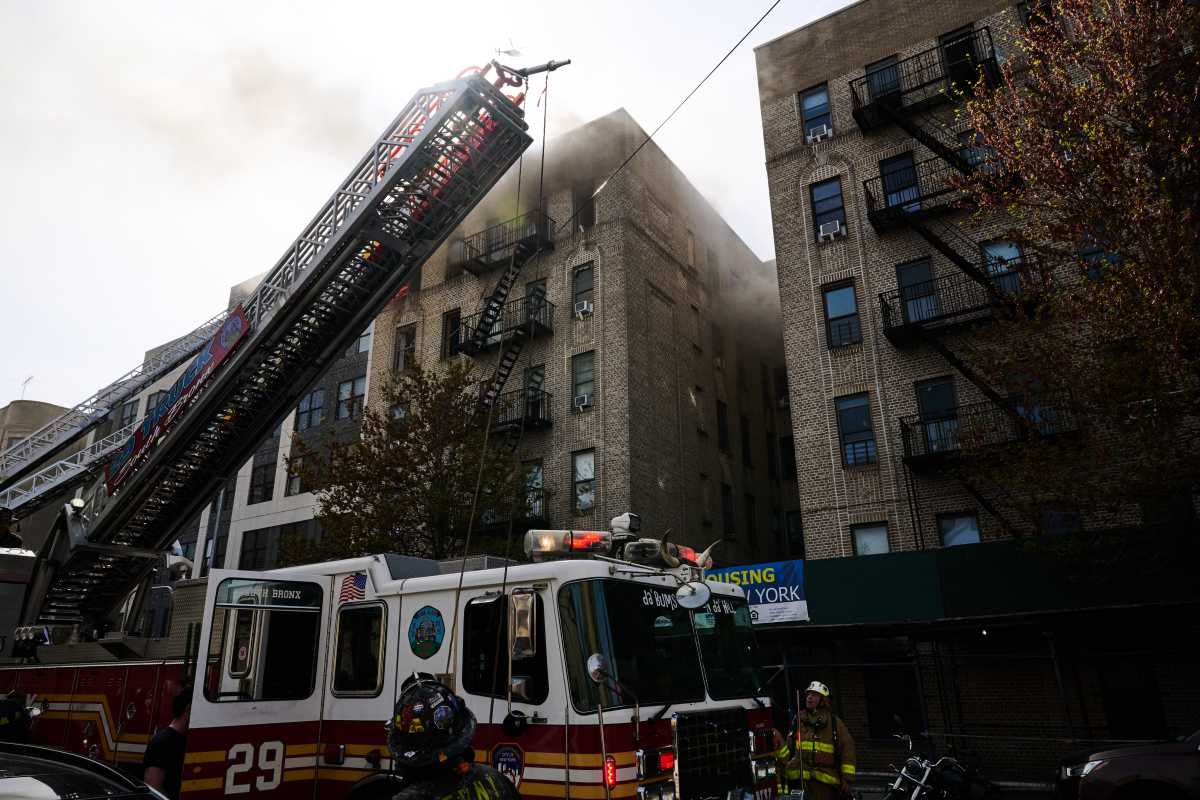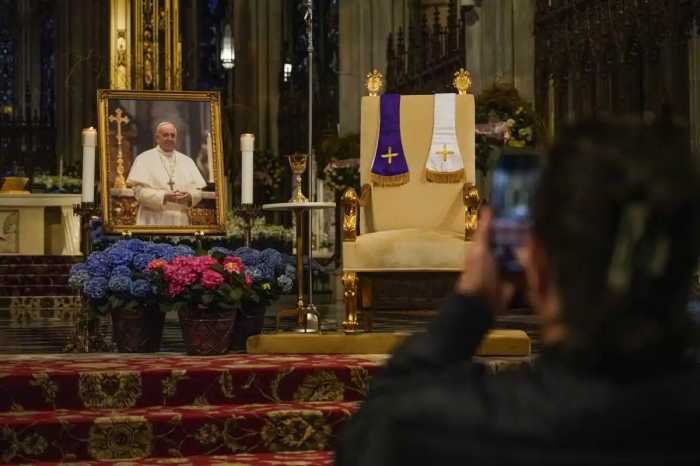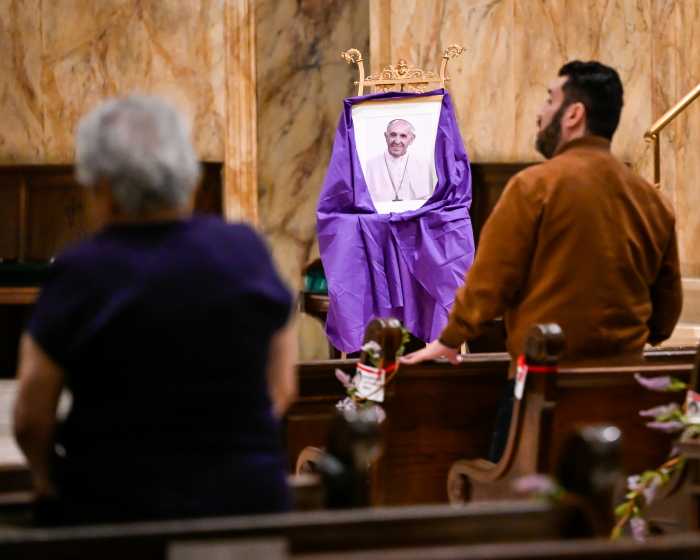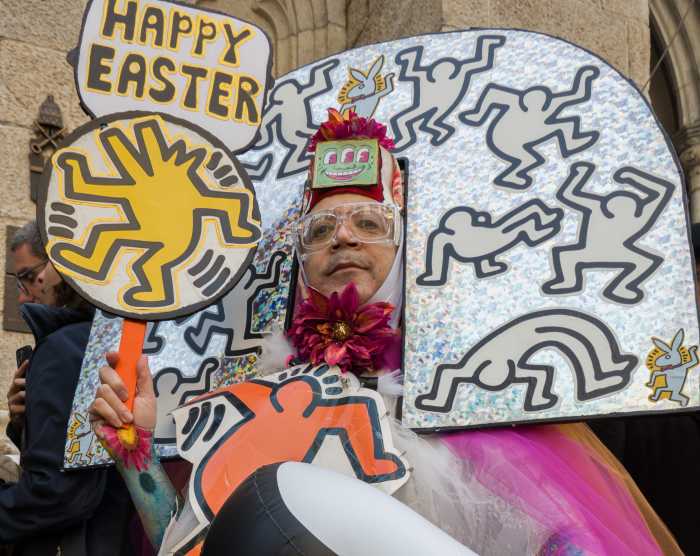Governor Kathy Hochul is dedicating $2 million additional state funds to help Afghan refugees resettle in New York State, she announced Tuesday, Dec. 7
Some 7,500 people from the war-torn Middle Eastern nation have already arrived in the Empire State and 1,790 will find a new home here in the coming months, largely in upstate cities with less than 200 coming to the New York City area, according to the governor.
“New York’s story has always been one of immigrants and these brave Afghan refugees are here to help us write the next chapter in that great story,” said Hochul during a virtual broadcast. “Our message to the world is: send us your people, send us those who need the the cloak of comfort that we can demonstrate as New Yorkers with big hearts and open arms and we’ll provide a safe haven.”
The money comes on top of $3 million in funds from the state budget to help evacuees from Afghanistan acclimate to life in New York through initiatives like, English language classes, job training and placement programs, helping kids enroll in local schools, getting drivers licenses, and medical and mental health services.
More than 83% of the almost 1,800 incoming arrivals will go upstate, with Hochul’s native Buffalo getting the largest share at 495 people, and 420 going to Syracuse, 275 to Rochester, 250 to Albany, and 50 in Utica.
The New York City area will get 190 evacuees, along with 50 for Yonkers, and another 10 for Rockville Center on Long Island.
The funds will be administered by the New York State Enhanced Services to Refugees Program funneled through about a dozen nonprofits to assist the refugees.
Hochul made the announcement while joined by Jack Markell, the White House coordinator for ‘Operation Allies Welcome’ — the national effort to resettle vulnerable Afghan nationals after US forces withdrew in August — and Leon Botstein, president of Bard College, which has gotten 177 students out of the capital city Kabul.
One of them is Jalil Sadat, a former student of the American University of Afghanistan who was able to convince Marine soldiers to let him on a plane out of Kabul in August thanks to his university ID.
“They were only willing to help people with their US passports and their US Green Cards. But I had heard in the news, the TV, President Biden promising to get the allies out. So I didn’t give up,” said Sadat.
After a trying journey to Qatar, Germany, and eventually the United States, the young man was able to get help from Bard, where he had taken online classes while living in Afghanistan.
“That’s when they welcomed me here at Bard I started to have a sense of home in here where I felt I belong to a community and I felt safe,” he said.
